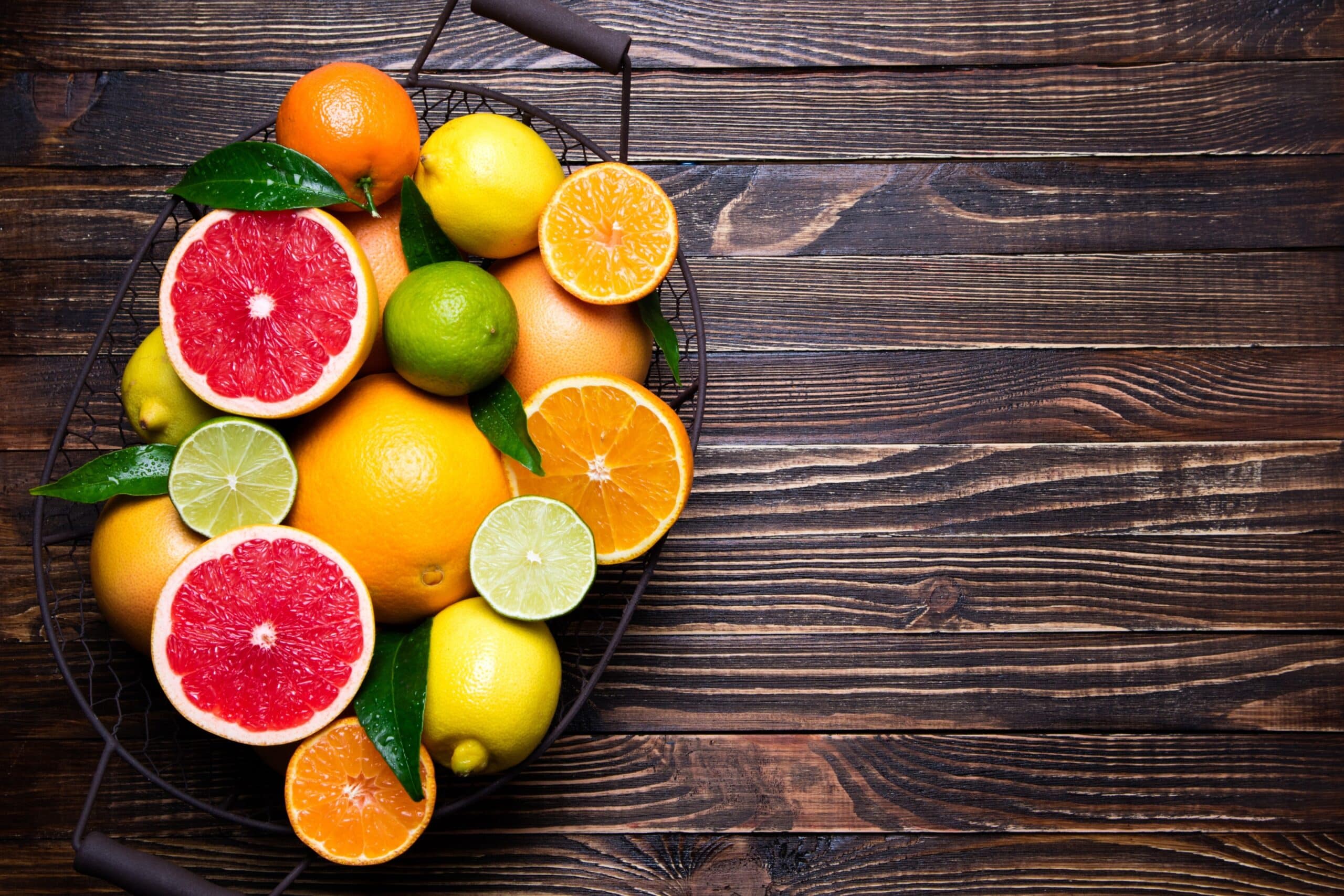Both fruits are full of citric acid, while they have similar citric acid content lemons on average contain a little more: lemon juice contains 48 grams per liter and lime juice contains 45.8 g/L. Lemons contain more vitamins and minerals, but the difference is small and really doesn’t have any significant effects. Lemons and limes have a strong and sour flavour, and their rinds have unique bitter tastes. The fruits can often be used interchangeably when making drinks or baking pastries.
Citrus essential oil is suggested by research to be able to boost mental state via inhalation or aromatherapy, they have antimicrobial properties, and may help to minimize skin inflammation when used topically. Lemons and limes are commonly used in antibacterial citrus based cleaning products such as hand soaps, surface cleaners, bleaches, and detergents.
Both fruits are rich sources of vitamin C, flavonoids, and antioxidants. The anti-aging antioxidant properties can help to fight cell damage that can cause chronic health conditions. The flavonoid phytochemical content may help to combat conditions such as metabolic disorder and heart disease. Vitamin C is an essential antioxidant that protects cells from damage, plays a role in collagen production, strengthens the immune system, and helps the body to absorb iron.
Lemons and limes are typically safe to consume in moderate amounts, unless there is an allergy. However, consuming too much citrus fruit may contribute to the erosion of tooth enamel, and may aggravate heartburn or digestive issues in those with GERD.
Juice from citrus fruits may cause a stinging twang when it comes into contact with open wounds, it is recommended to always use gloves when using cleaning products that contain citrus fruits or other irritating chemicals.




